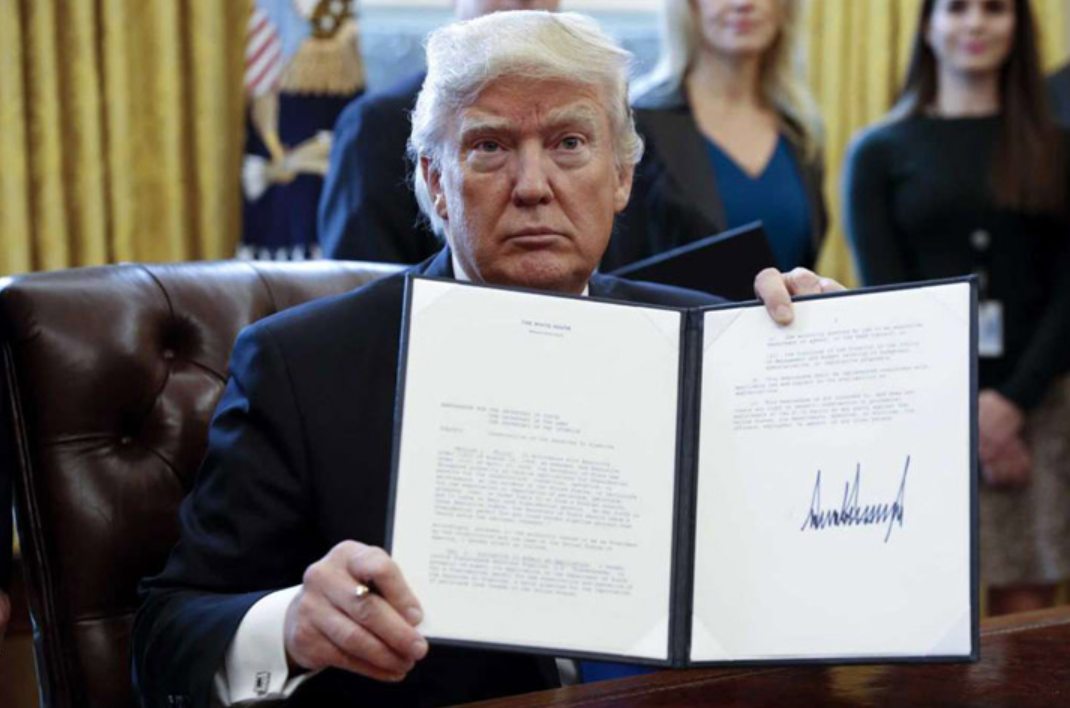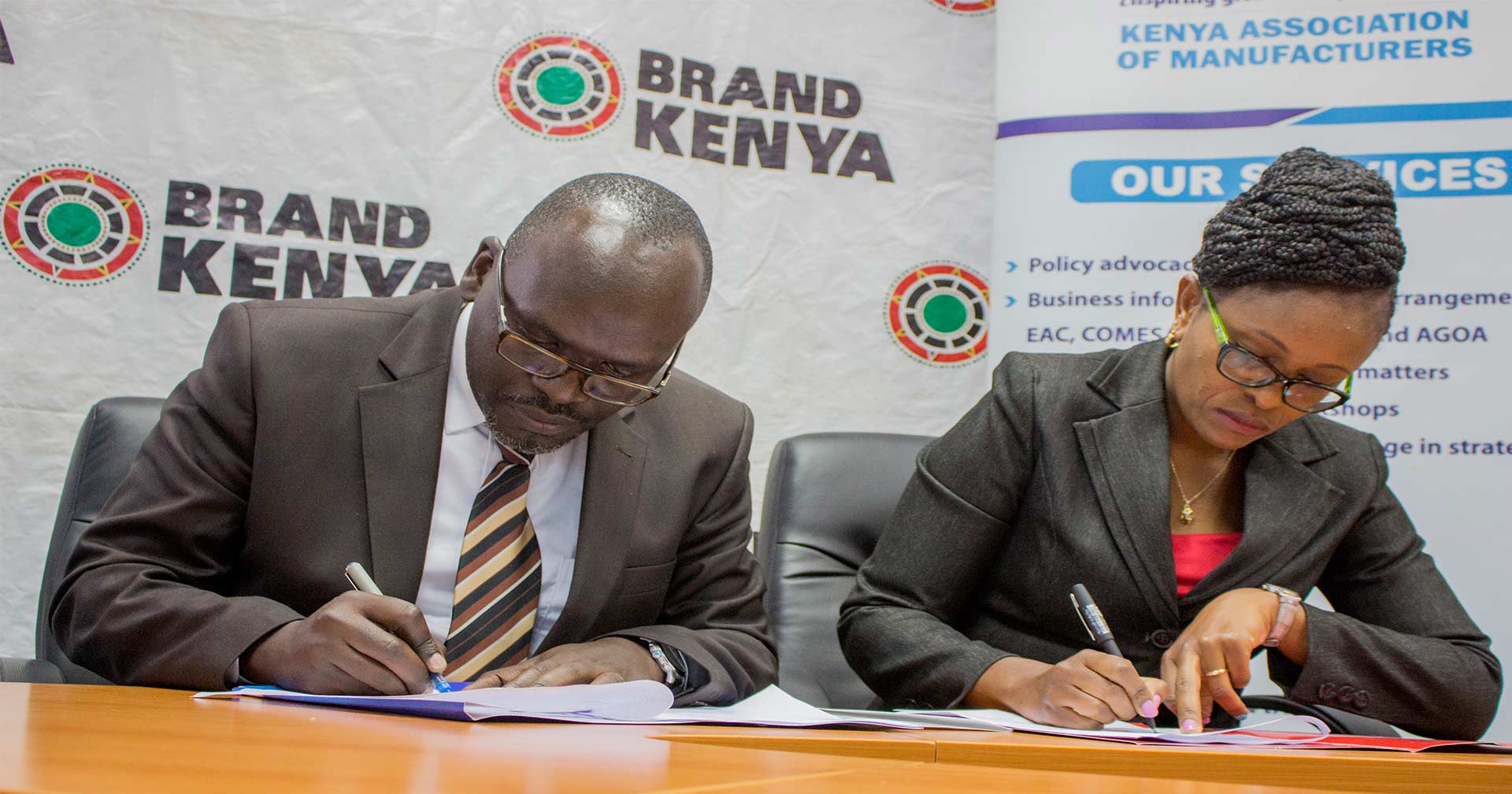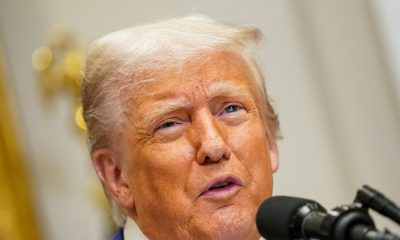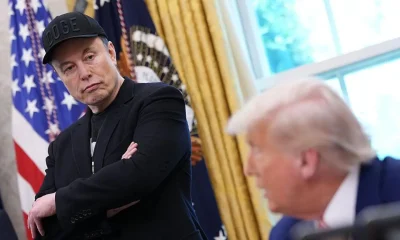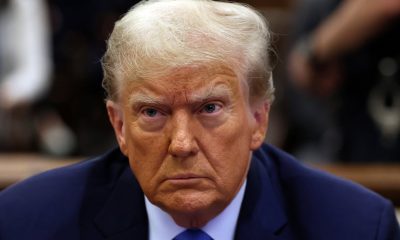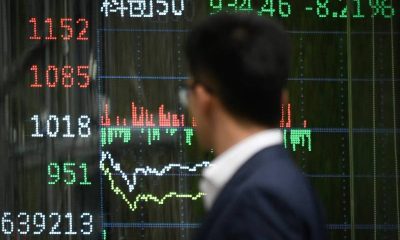Business
Trump Tariff Threatens Kenya’s Export Gains as Manufacturers Seek Urgent Review
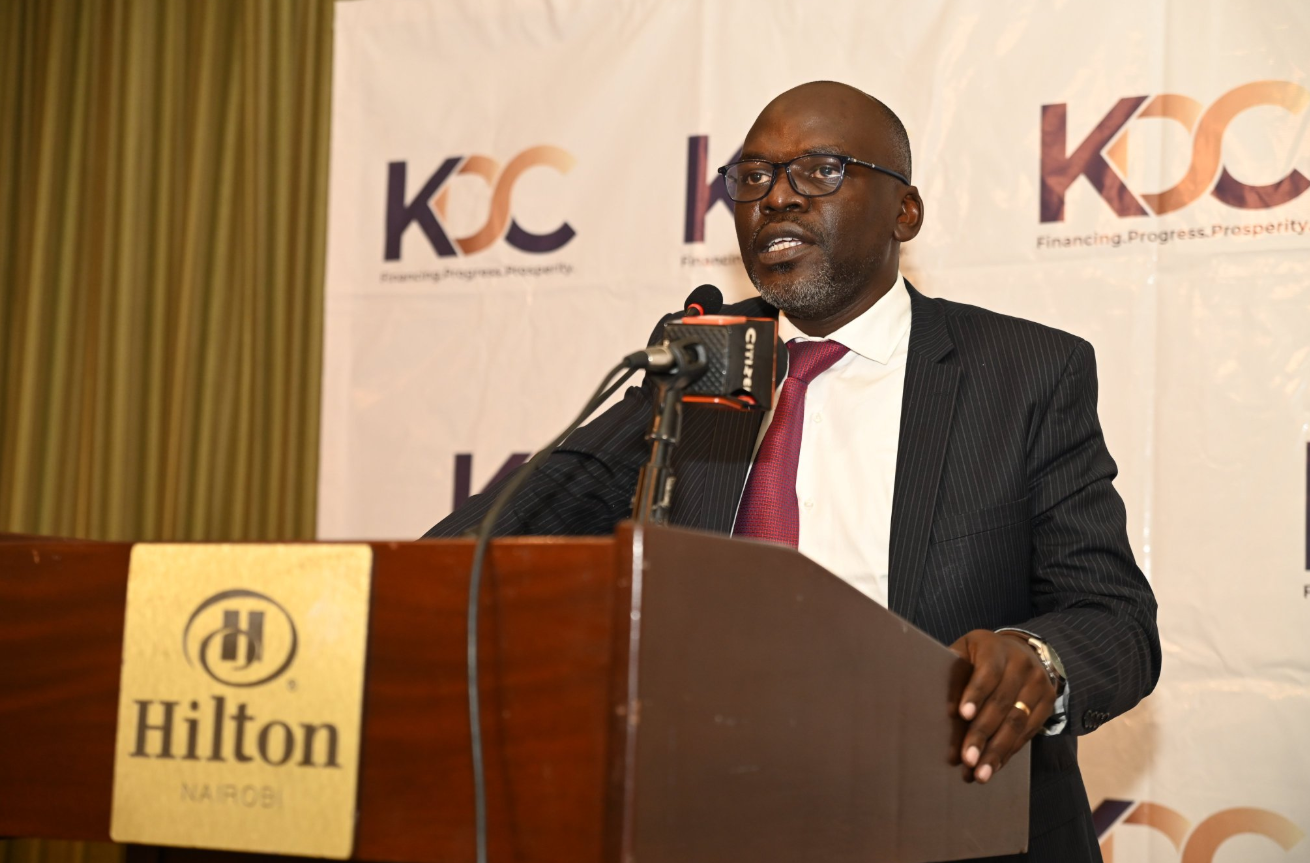
A fresh trade hurdle looms for Kenya as U.S. President Donald Trump slaps a 10% tariff on Kenyan exports, triggering alarm bells across the country’s manufacturing sector.
The Kenya Association of Manufacturers (KAM) is urging Trump to rethink what it’s calling a risky economic move. For years, Kenya enjoyed duty-free access to the U.S. through AGOA, boosting exports and job creation.
With the Trump Tariff in play and AGOA nearing its expiry, manufacturers fear massive disruptions, job losses, and a backslide in Kenya’s hard-earned economic gains.
Trump Tariff Shakes Kenya’s Export Market
The Kenya Association of Manufacturers (KAM) has formally requested U.S. President Donald Trump to reconsider the 10% tariff recently imposed on Kenyan goods.
Trump signed a new executive order activating reciprocal tariffs on trade with Kenya. This move, KAM warns, threatens the country’s competitive edge in the American market.
KAM’s Chief Executive, Tobias Alando, explained that Kenyan exports—previously protected by the African Growth and Opportunity Act (AGOA)—will now face higher costs.
AGOA, which ends in September 2025, gave Kenya a zero-tariff advantage, allowing duty-free access to U.S. markets. Without AGOA’s cushion, Kenyan goods now risk losing price competitiveness.
This is especially concerning given the $737.3 million (Ksh95.11 billion) in exports that Kenya sent to the U.S. in 2024. These gains, KAM says, could be eroded by the Trump Tariff.
Kenyan Jobs and Industries Under Threat
KAM highlighted AGOA’s massive contribution to job creation in Kenya. The trade deal has directly created over 58,000 jobs and supported more than 100,000 others indirectly.
Industries such as textiles, tea, and coffee thrived under this tariff-free arrangement. Pharmaceutical products—like vaccines, blood, antisera, toxins, and cultures—also found their way to the U.S. under favorable terms.
With the Trump Tariff now in force, manufacturers say the cost of exporting will rise sharply. Contracts based on AGOA’s duty-free conditions may become financially unviable.
As a result, Kenyan producers may be forced to absorb extra costs or lose U.S. buyers altogether. KAM also warns that the trade imbalance between Kenya and the U.S. could worsen.
A likely decline in Kenyan exports could widen the existing trade deficit and shrink the country’s share in the U.S. market.
KAM Calls for Swift Intervention and AGOA Extension
In response, KAM is asking the U.S. to consider a transitional clause. They want all goods currently en route to the U.S.—shipped under AGOA’s 0% tariff policy—to be exempt from the Trump Tariff.
Moreover, KAM is urging both governments to push for AGOA’s renewal beyond 2025. They argue that the act has been essential for Kenya’s social and economic growth. Without it, thousands of jobs are at stake and entire industries may face decline.
Despite the tough situation, KAM remains proactive. The organization says it has already engaged with the Kenyan government and key stakeholders.
Its goal is to protect Kenya’s trade interests and keep the country competitive in the U.S. market. The Trump Tariff has shaken Kenya’s export landscape.
Kenya Insights allows guest blogging, if you want to be published on Kenya’s most authoritative and accurate blog, have an expose, news TIPS, story angles, human interest stories, drop us an email on [email protected] or via Telegram
-

 Grapevine1 week ago
Grapevine1 week agoAlleged Male Lover Claims His Life Is in Danger, Leaks Screenshots and Private Videos Linking SportPesa CEO Ronald Karauri
-

 Lifestyle1 week ago
Lifestyle1 week agoThe General’s Fall: From Barracks To Bankruptcy As Illness Ravages Karangi’s Memory And Empire
-

 Grapevine3 days ago
Grapevine3 days agoRussian Man’s Secret Sex Recordings Ignite Fury as Questions Mount Over Consent and Easy Pick-Ups in Nairobi
-

 Investigations2 weeks ago
Investigations2 weeks agoEpstein Files: Sultan bin Sulayem Bragged on His Closeness to President Uhuru Then His Firm DP World Controversially Won Port Construction in Kenya, Tanzania
-

 Business2 weeks ago
Business2 weeks agoKRA Can Now Tax Unexplained Bank Deposits
-

 Investigations1 week ago
Investigations1 week agoEpstein’s Girlfriend Ghislaine Maxwell Frequently Visited Kenya As Files Reveal Local Secret Links With The Underage Sex Trafficking Ring
-

 News1 week ago
News1 week agoState Agency Exposes Five Top Names Linked To Poor Building Approvals In Nairobi, Recommends Dismissal After City Hall Probe
-

 Investigations16 hours ago
Investigations16 hours agoMulti-Million Dollar Fraud: Three Kenyans Face US Extradition in Massive Cybercrime Conspiracy

